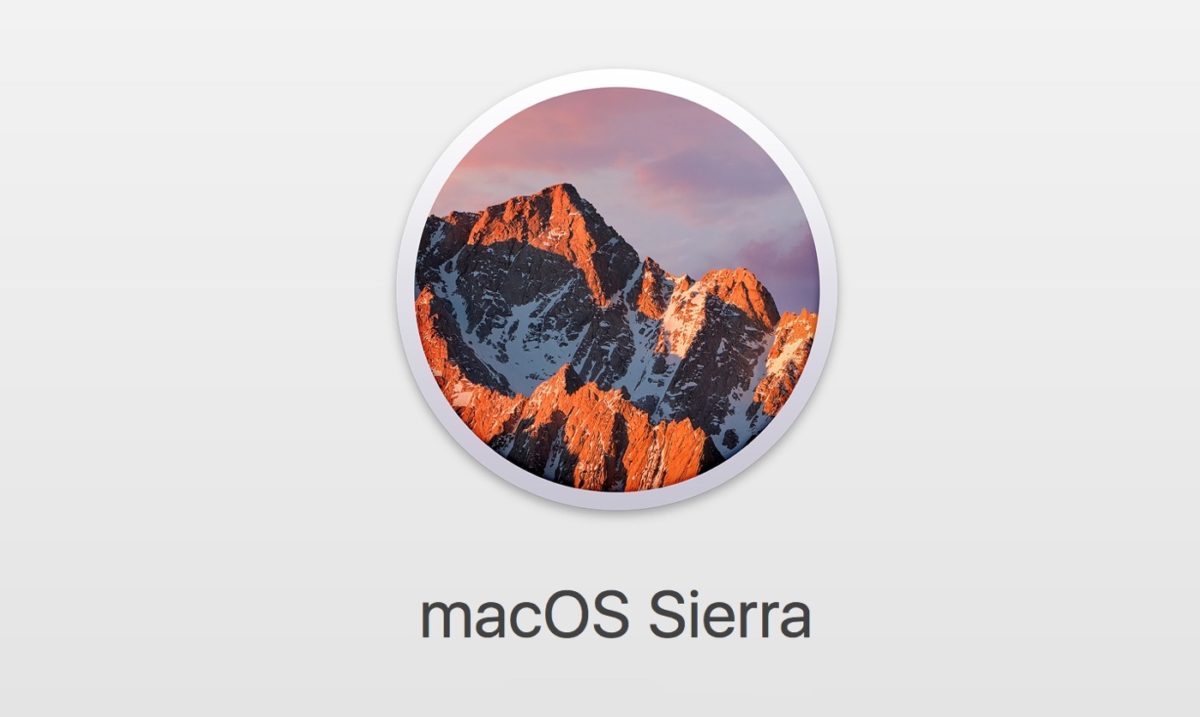

- Metaz broken high sierra android#
- Metaz broken high sierra pro#
- Metaz broken high sierra code#
- Metaz broken high sierra download#
Note: If you delete an item that you got from the iTunes Store, the App Store, or Apple Books using your Apple ID, the item is still in iCloud, and you can download it again. Apple Broke All My Files Says Fix Alias And Can'T Open Files Broken High Sierra Osx 2017 Download It AgainĪpple Broke All My Files Says Fix Alias And Can'T Open Files Broken High Sierra Osx 2017 Download It Again.There are techniques you could use to investigate what’s actually happening but, given your unique requirements, I suspect it’s a better use of your time to get on to the loopback interface. Whether the interface comes back up with the same IP address, and that itself is a complex issue in the IPv6 case The API you’re using to run the connections I’m not actually sure what’s causing your connections to fail but it’s likely that the Wi-Fi interface has gone down and come back up, which may or may not tear any network connections running over that interface depending on a bunch of factors. To be clear, the network stack has not been reset. Would that make the connection impervious to WiFi connect/disconnect causing a network stack reset? One option would be to put a UUID in the server TXT record and then have a separate channel to get the local UUID from the daemon (it could just stash that ID it in a file in The one gotcha here is that it’s harder than you think to identify a local service. Yes, I think that’s worth experimenting with.

Metaz broken high sierra code#
Would your suggestion be noticing in the code when the bonjour browser finds a daemon on the same machine and making the connection directly via localhost (i.e 127.0.01)? Would your suggestion be noticing in the code when the bonjour browser finds a daemon on the same machine and making the connection directly via localhost (i.e 127.0.01)? Would that make the connection impervious to WiFi connect/disconnect causing a network stack reset?

AFAIK WiFi connect/disconnect did not previously break a localhost socket connection, and now it does. But the simplest case, of the popup and preference pane on the same system as the SEDs, naturally just connects via localhost.
Metaz broken high sierra android#
MacBook with the SED(s), a Self-Encrypting Drives preference pane that runs in System Preferences, iOS apps that can unlock SEDs by WiFi or Bluetooth, and a developer's desktop app that can see all daemons on all machines on the _tcp._local network and send and receive low level daemon commands (think FTP connected by telnet) - even Android or Windows devices that can do bonjour browsing. This is a setup that unlocks TCG-compatible self-encrypting drive, and includes a simple desktop popup window on the e.g.
Metaz broken high sierra pro#
MacBook Pro, macOS High Sierra (10.13), MacBook Pro (13-inch, Early 2011)īonjour because the daemon is not always on localhost. I consider it a bug that an innocent socket connection to localhost would get blown away by whatever is happening on the rest of the network. I would like to know if it is possible to keep the WiFi processing from resetting the network stack. The "UI turmoil" is a bit difficult to suppress since the client agent has no good way to distinguish this from a legitimate daemon-gone-away event such as can happen when connecting to a daemon on a different _tcp._local. If I then turn it on, same problem - the socket connection is blown away, and my workaround fixes it. I point at WiFi startup because the timing is coincident and I do not see the behavior if I boot up with WiFi turned off. This in turn causes a bit of UI turmoil, which does settle down after the workaround, and is also just a transient on bootup. I have coded a workaround to restart the Bonjour browser, which then re-finds the daemon, reconnects, etc. Under High Sierra, all this happens before the WiFi network connection is complete, and when that finishes, it breaks the socket connection between the daemon and its client(s). The daemon broadcasts a Bonjour service, the client agent attaches to a localhost socket, all is good. I have a daemon and agent running at startup.


 0 kommentar(er)
0 kommentar(er)
